Rethinking RTI: Where Are We Now?
Description:
In the world of elementary reading, Response to Intervention (RTI) was the hottest topic in schools for a stretch of years. Like many initiatives, it was a promising, evidence-based idea that struggled to be effective when enacted in schools. Where did RTI come from? What was the intent? Why didn’t it live up to its promises? What can we learn from the past, and what about RTI can we salvage to help readers thrive in today’s unique contexts?
Who should take this Knowledge Block:
- K-12 educators and administrators
What you will learn:
- Research findings that led to initial RTI legislation
- The difference between the discrepancy model and a response to intervention approach
- The impact RTI has had in the US
- The role of the general education teacher in an RTI structure
- A basic assessment flowchart for identifying reading difficulties
Materials provided:
- TRL’s Curriculum Evaluation Guidelines
- PDF of all slides in handout form
Certifications:
- Certificate of Completion
Rethinking RTI: Where Are We Now?
$200.00
Participants will learn the intent behind Response to Intervention (RTI), what has actually happened in schools, and what this means in today’s unique contexts.
Additional Knowledge Blocks
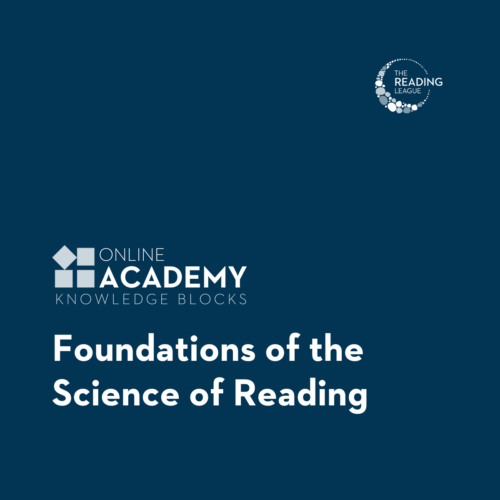
Foundations of the Science of Reading
The Science of Reading embodies over 40 years of research findings from multiple fields of study that shine a light on key fundamental principles of reading instruction. Participants will learn about three “anchors” that have emerged from this research.
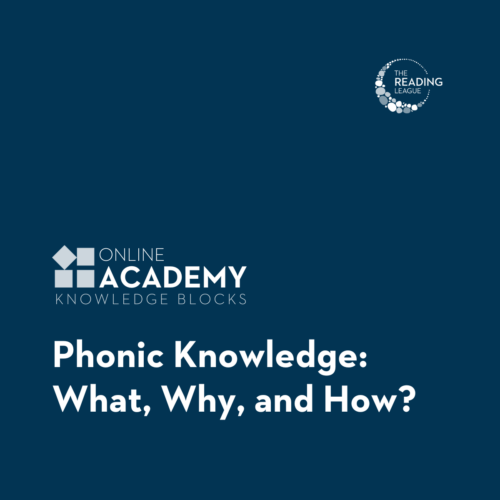
Phonic Knowledge: What, Why, and How?
Students need phonic knowledge to read and spell efficiently. Participants will learn the six major syllable types of English and an assessment tool to plan for instruction.
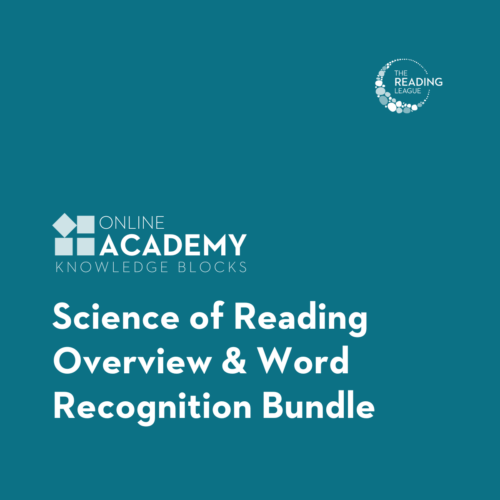
Science of Reading Overview & Word Recognition Bundle
Save $200 with this four session bundle! Perfect for anyone new to the science of reading or for anyone who wants to deepen their understanding of how skilled reading develops.
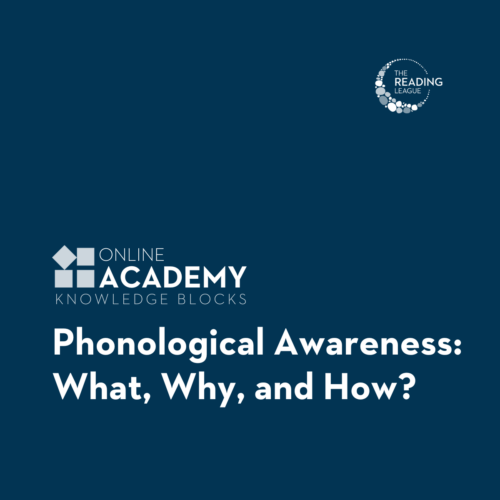
Phonological Awareness: What, Why, and How?
Phonological awareness predicts future reading success. Participants will learn how to teach and assess phonological awareness skills.
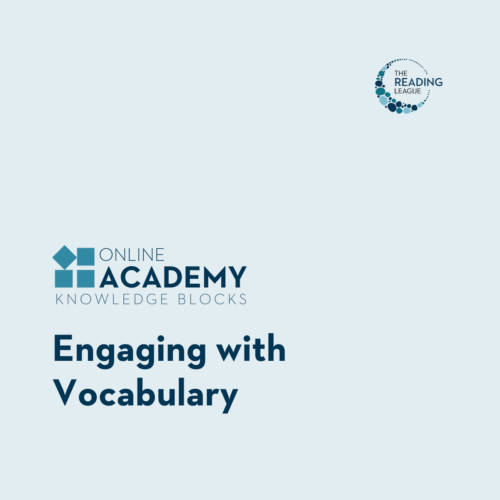
Engaging with Vocabulary
Participants will learn how to decide which vocabulary words to teach and a sample routine for explicit instruction.
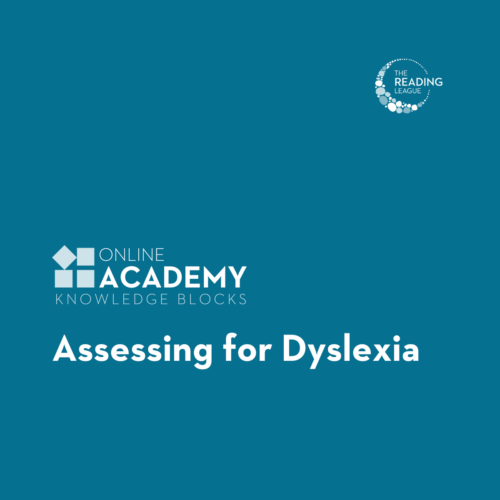
Assessing for Dyslexia
When assessing for dyslexia, there are specific test measures and key interpretations needed to render a dyslexia classification. Participants will examine case study data and discuss recommendations for interventions and accommodations.
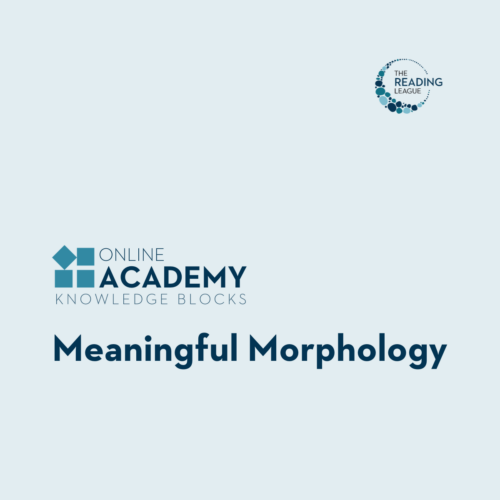
Meaningful Morphology
Knowledge of morphology provides insight into both the meaning and spelling of words. Participants will deepen their knowledge of morphology while also learning key features of morphological instruction in the classroom.
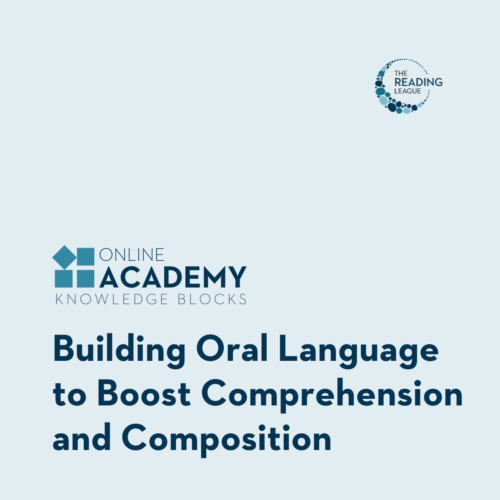
Building Oral Language to Boost Comprehension & Composition
Oral language is the foundation for future reading and writing tasks. Participants will learn how to integrate opportunities for oral language development in the classroom.
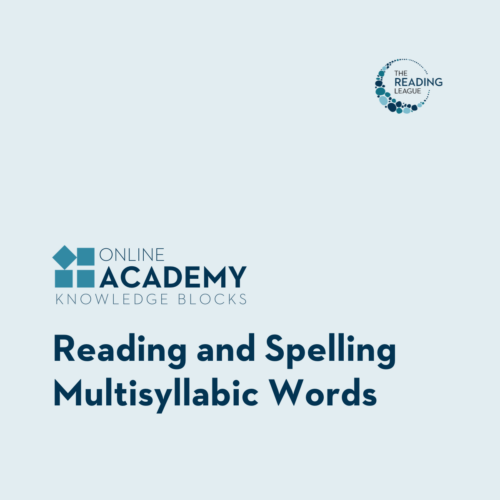
Reading and Spelling Multisyllabic Words
Learn the 6 major syllable types in English and instructional routines for teaching students to read and spell multisyllabic words.